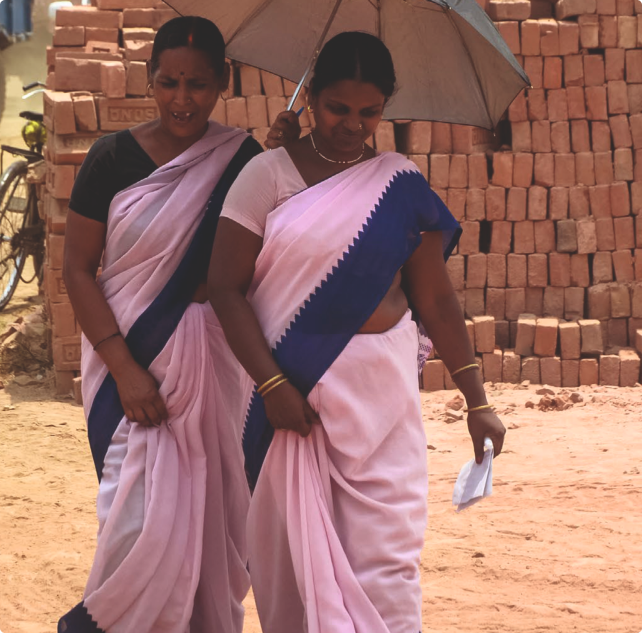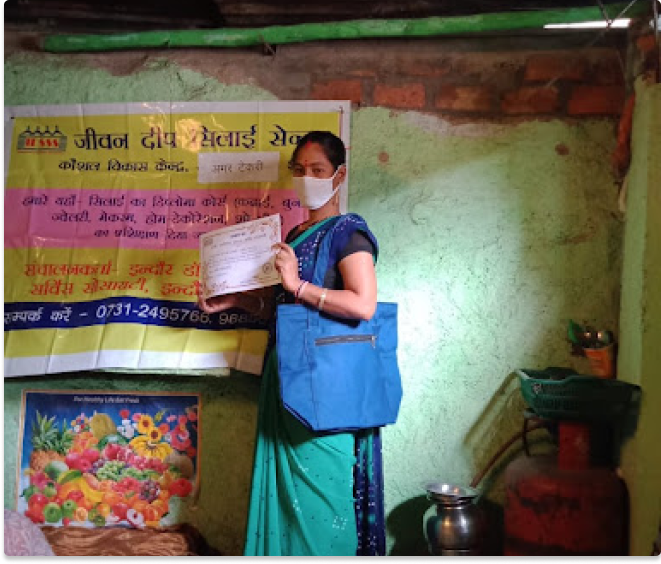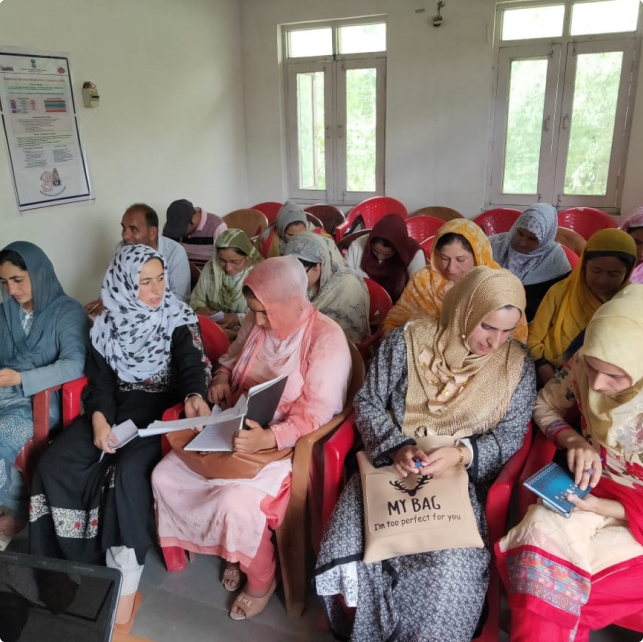
Duration
2017-2022
Key Partners
Indore Smart City Development Ltd. and Smart city mission of Govt. of India
Funder
USAID
JSIPL’s USAID-funded Building Healthy Cities (BHC) project was implemented in the city of Indore in Madhya Pradesh, India, as part of a five-year cooperative agreement signed in 2017. Apart from India, this multi-country initiative tested healthy urban planning approaches in Makassar (Indonesia), Kathmandu (Nepal), and Da Nang (Vietnam). The project aimed to ensure that health is appropriately accounted for within the urban planning and development context and wherever applicable, collaborate with the Smart City initiative. Three core values of the project were multisectoral collaboration, data- driven decision-making, and community empowerment to address social determinants of health. BHC aimed to produce data that can influence policy decisions and empower citizens to demand better health-related services.
In Indore, India, a Smart Health Working Group was constituted and steered by the CEO of Indore Smart City Development Ltd and the Chief Medical and Health Officer of Indore. The project used a systems approach to identify issues and potential action points in not only health sectors but also other sectors that can influence the health of citizens, including transport, environment, sanitation, education, women and child development, information, and communication industries.

To embed a health equity lens into city policies, planning, and services while improving data flow across sectors.
To adapt and scale urban health approaches by developing dynamic systems maps to generate data.
To document project processes, successes, and failures to bolster global learning on urban health approaches.
JSIPL played a lead role in implementing the BHC project in Indore, Madhya Pradesh, and was a technical partner to Indore Smart City Development Ltd. By leveraging its global expertise in public health, JSIPL strengthened tech-enabled coordination in transport, sanitation, education, and the environment to improve access to health services and reduce the disease burden. It engaged Smart City citizens of every demographic so they could have a voice (via citizen reporting systems and participatory research) and be empowered to advocate for the needs of their communities.
With a renewed and dedicated focus on urban planning, the project used a systems thinking lens to define “urban health.” As part of the project, a participatory systems mapping exercise was undertaken, and its findings fed into developing a much-needed coherent action plan.

